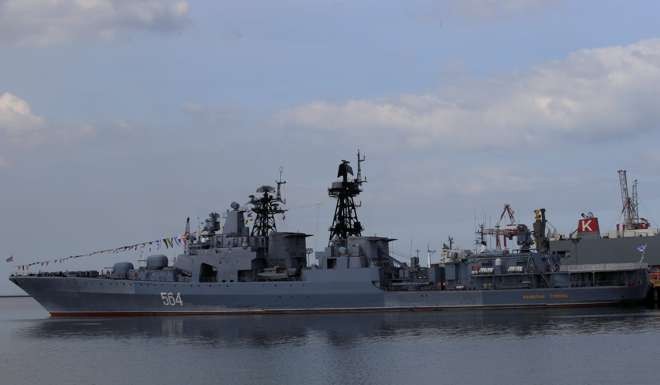
Russian warships dock in Manila as Moscow seeks naval drills with Philippines
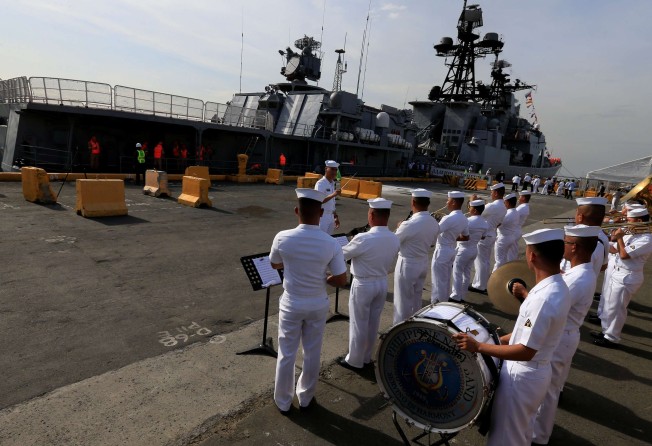
Russia wants to hold maritime drills with the Philippines to help combat terrorism and piracy, sending two warships to Manila for the first official navy-to-navy contact, as President Rodrigo Duterte pivots to United States’ traditional rivals.
Admiral Tributs, an anti-submarine vessel, and a sea tanker Boris Butoma, arrived late on Tuesday for a four-day goodwill visit, with its crew expected to demonstrate anti-terrorism capability and hold talks, said Rear Admiral Eduard Mikhailov, head of the Flotilla of the Russian Navy Pacific Fleet.

“Our governments will maybe discuss in some period of time the possibilities of our maritime exercises,” Mikhailov told a news conference, adding Russia has been holding drills with the Indonesian navy.
“The biggest problem now in the world is terrorism and piracy, and all our exercises we have, for example, with you we will have to fight these problems and we will show you what we can do and we will see what you can do and show us,” he added as the Russian navy showcased the warships.
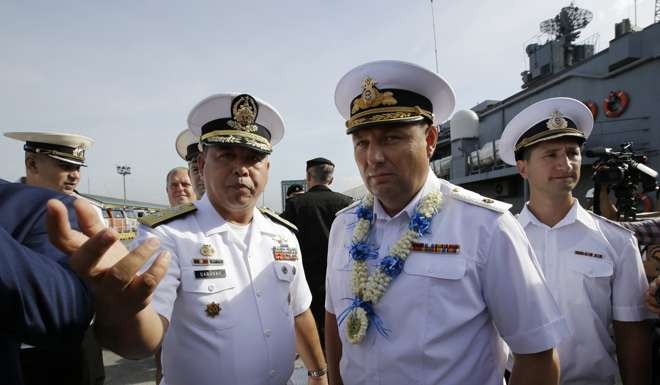
A spokesman for the Philippine Navy told reporters this is the first official interaction with the Russian navy, an arch rival of its former colonial master and closest ally in the region, the United States.
Washington and the Philippines have been holding naval exercises annually but Duterte has instructed the defence ministry to “reformat” drills with Washington, moving away from the South China Sea to repair relations with China.
Mikhailov said they were willing to help train Philippine counterparts to fight piracy and terrorism and they hope to foster stronger security in the region.
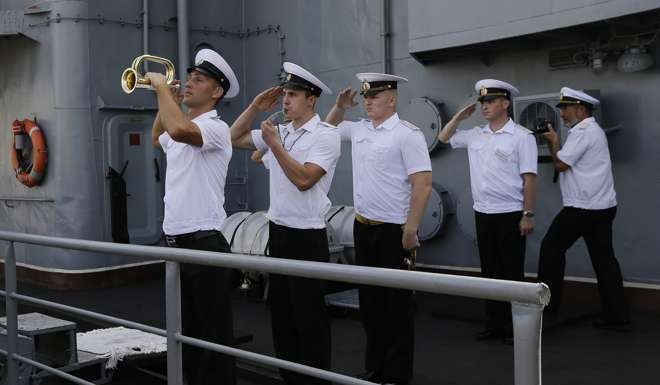
The Philippines has been struggling to prevent Islamist militants from abducting crew of slow-moving tugboat and foreigners sailing on yachts in the southern maritime borders with Indonesia and Malaysia.
The Abu Sayyaf, a small but violent group which has had links to al-Qaeda and has pledged allegiance to Islamic State militants, is holding a German tourist and more than 10 Malaysian and Indonesian crewmen. A Dutch and a Japanese are also being held captive.
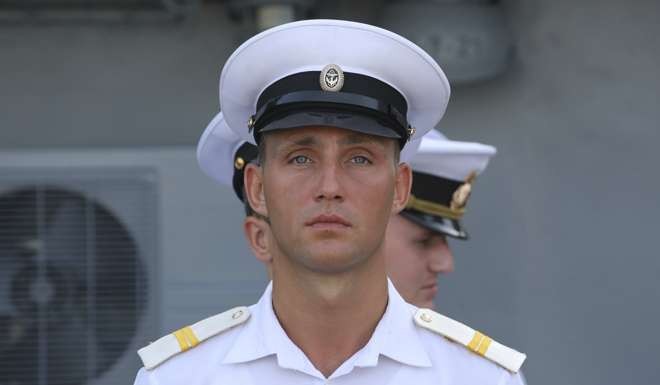
Last month, Duterte sent his foreign and defence ministers to Moscow to explore arms deal after a US senator said he will block the sale of 26,000 assault rifles to the Philippines due to concerns with the rising death toll in a war on drugs.
More than 6,000 have been killed in the drug crackdown since Duterte took office on June 30, roughly a third in operations when suspected drug peddlers and users resisted arrests. The rest are classified as under investigation, many believed to be the work of vigilantes.